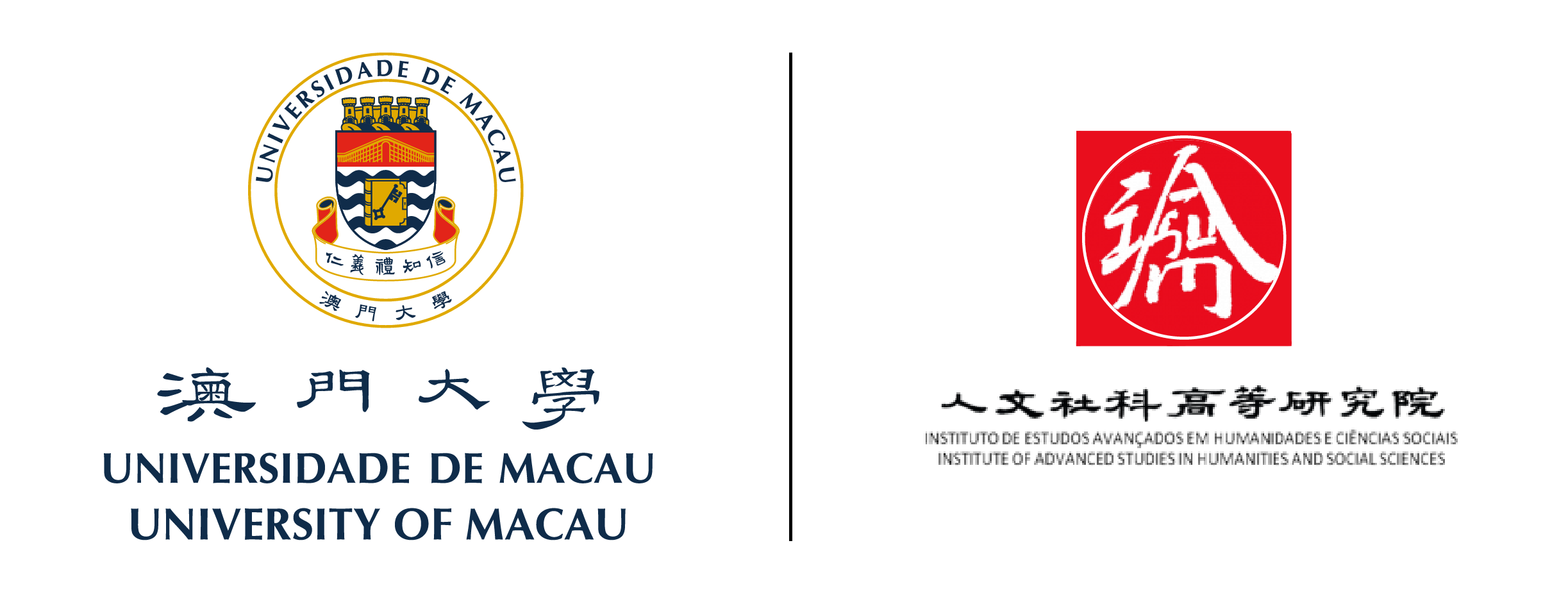
The 2024 IAS Lecture on Frontiers in Humanities – a book sharing entitled “Law Without Heaven: Darwinian Constitutionalism from Katō Hiroyuki and Justice Oliver Holmes to John C. H. Wu,” was successfully held by the Institute of Advanced Studies in Humanities and Social Sciences (IAS) on May 10th. Professor Billy Kee Long So, a fellow of Hong Kong Institute for the Humanities and Social Sciences and a visiting fellow of HKU Law School, was invited to deliver the lecture. Professor Io Cheng Tong, Dean of the Faculty of Law (FLL), was invited to be the moderator. Professor Xiaobo Zhai, Assistant Dean and Associate Professor of the Faculty of Law (FLL), and Professor Xingzhong Yu, Director of IAS and Chair Professor of FLL, were invited to serve as discussants.
Law Without Heaven, a book co-authored by Prof. K.L. So and Prof. Sufumi So, takes a profound look at what law, society and human nature is: concepts that deeply shapes the humanity. Balancing respect and empathy in the clash between the desire for conquest and superiority, is not only a conflict between Social Darwinism and humanism but also the key to reshape human society. Prof. So highlighted the dangers of Social Darwinism, such as eugenics and fascism, which have had far-reaching negative impacts on human society.
Prof. So then drew further on the ideas of three constitutional law scholars – Hiroyuki Kato, Holmes, and Wu Jingxiong – to explore how the jurists of the time balanced the relationship between heaven, law, and society to find their own equilibrium. Hiroyuki Kato linked the concept of heaven to the gift of the Emperor, which was closely related to the historical background of Japanese society at that time. He believed that science had nothing to do with ethics, thus denying the gift of human rights, but at the same time, he firmly believed in the sanctity of the Emperor, a contradiction that embodies Japan’s unique mode of thought of “Western learning for the use, and Japanese thought for the main purpose”. Holmes’s view is more direct. He believes that law is directly related to the structure of social power, which determines everything, and that there is no such thing as natural human rights; human rights are entirely determined by social power, and the nature of law does not lie in logic, but in the accumulation of experience. John C. H., Wu, as a representative of Jungle Constitutionalism, also has his contradictory side: he has a great respect for the traditional Chinese law, believing that China is the first to put forward the concept of fairness and justice. But he has not very much appreciation of the traditional culture, and he also had a lot of criticism towards Confucianism. He is a great admirer of Holmes’s ideas and is eager to promote them in China.
During the discussion, the professors shared numerous insightful comments and analysis the book from multiple perspectives, including jurisprudence and legal history studies. The lecture attracted students and faculties from different fields to participate, fostering a robust atmosphere of academic discourse. IAS will continue to follow the latest research trends, and organize more high-quality academic activities to promote the exchange of knowledge and the collision of ideas in the future.







